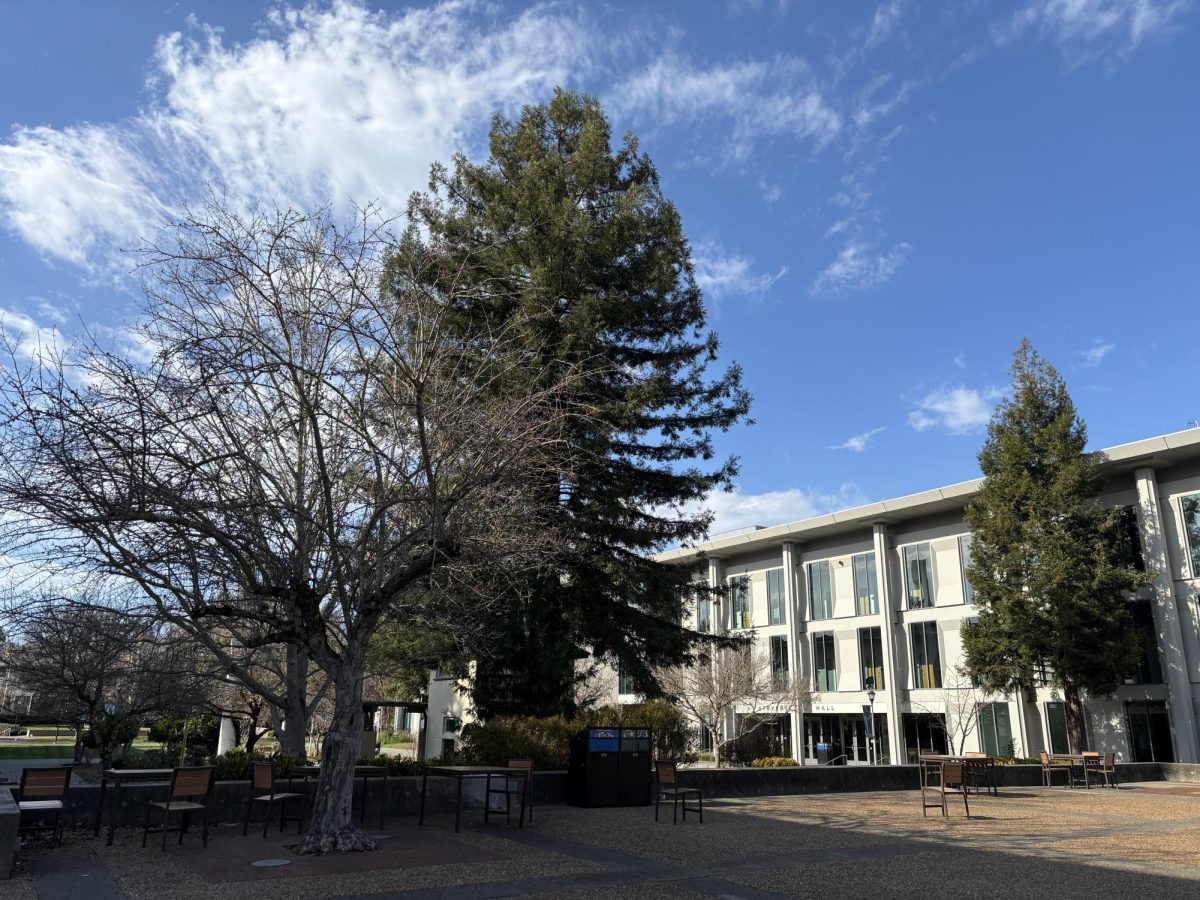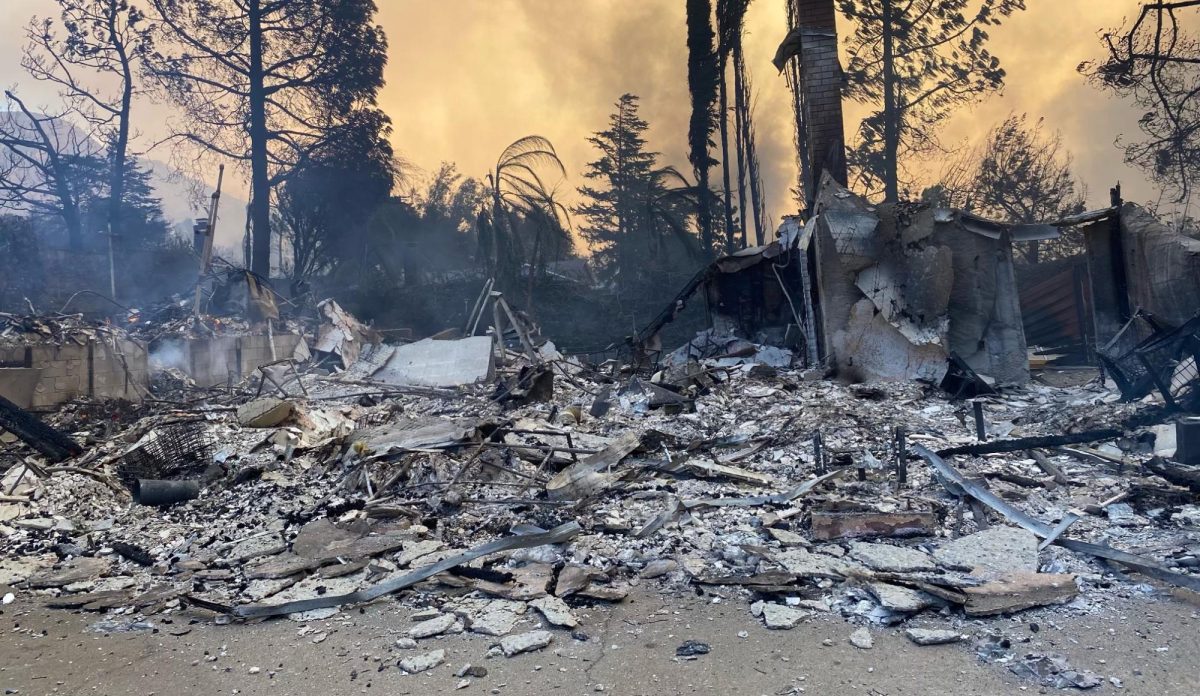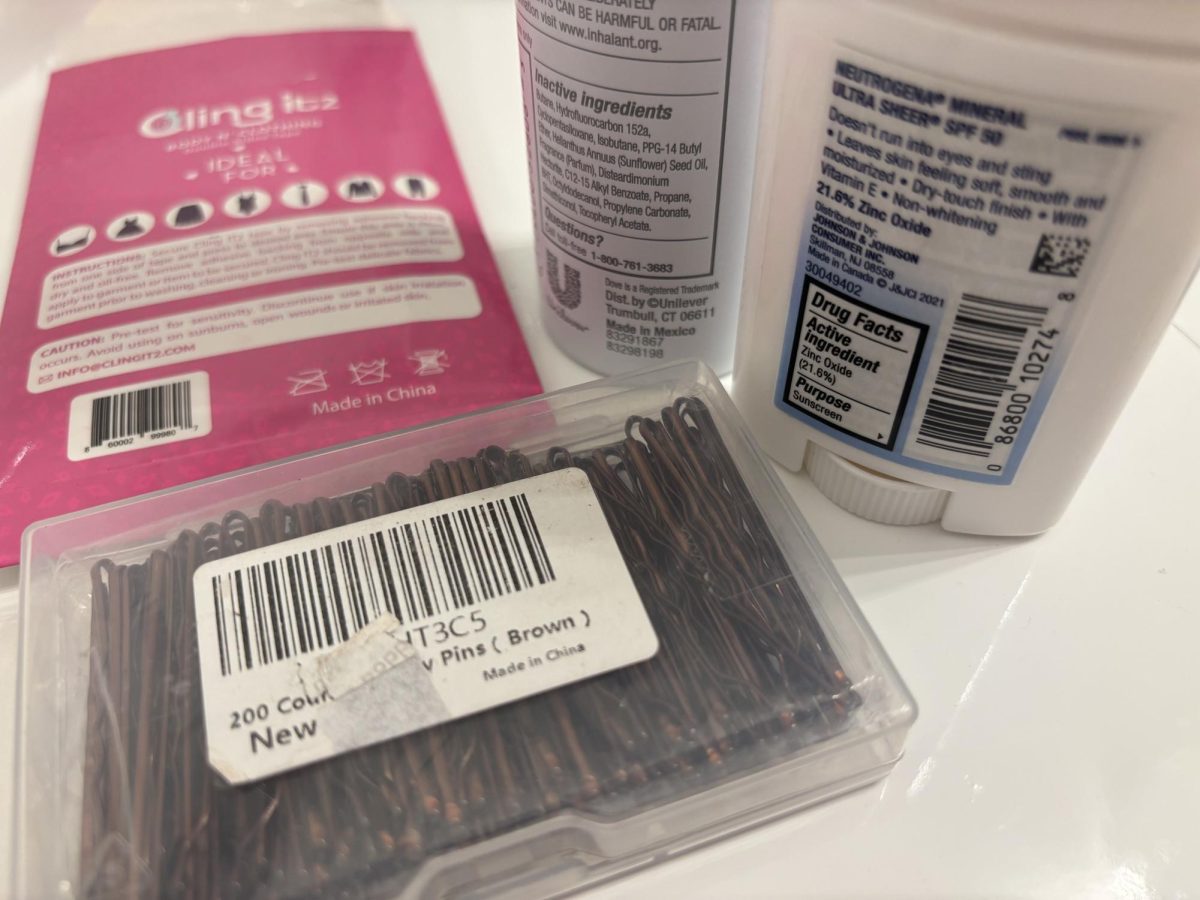On October 14, 2024, NASA launched Europa Clipper on its maiden voyage to Europa in order to study its environment.
“’It’s really incredible how we [recently] put a man on the moon and now we’re here. It’s like we’re going beyond and I think it’ll be really great to see how far we can go in terms of maybe even getting out of the solar system at some point” said AV Space and Astronomy Club Secretary Aditi Deshpande (‘25).
Although NASA’s clipper was launched this year, it won’t be arriving to Europa until 2030, according to NASA. Once there it will scan Europa to see if it would be possible to support life below the surface. You can find out more on their FAQ website.
“I don’t think they would find anything, because the temperatures are very low. So I’m not sure if anything could survive at these low temperatures. I don’t know if they’re looking for life signs, maybe from the past.” says AV Science Teacher Natalia Rossi.
Europa: A New Horizon
NASA wants to know more about the universe. To obtain this knowledge, they say they must first know if Earth is the only place that can harbor life. So they plan to look solely in our solar system to narrow their search.
“There is evidence of the planet having similar processes to Earth. So, understanding what Europa is like and how it is similar and also dissimilar to Earth is very good for understanding how our planet works and potentially other planets and other moons,” said AV Earth and Space Science Teacher Toshimi Fujikawa.
This is not the first time NASA has tried to get a better understanding of Jupiter and its surrounding moons. The Galileo space probe was launched in the 1990s and purposely destroyed in 2003 to protect the surface of Europa.
“I think the most interesting thing is we’re taking a look at Jupiter again. I mean, we’ve taken a bit of a look at it with the Galileo mission, so now this is another glance at or just moons in general around that area. And I think that Europa, based on what they’re saying, has the potential for life,” says Deshpande.
Although NASA is well known for its space exploration, they also provide information that helps combat climate change through satellites.
“We should spend more resources in a way trying to make sure we’re taking care of the planet we have. I feel like sometimes we’re forgetting to take care of the planet that we have. Maybe just make sure we’re doing both things at the same time,” says Rossi.











